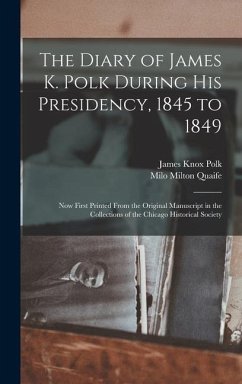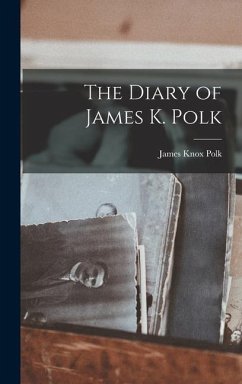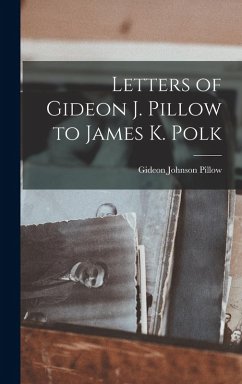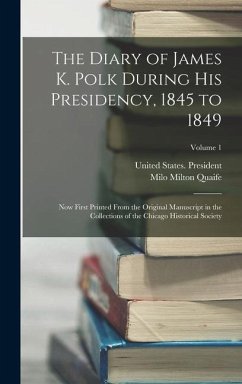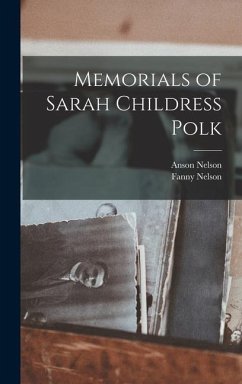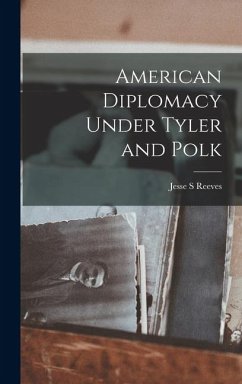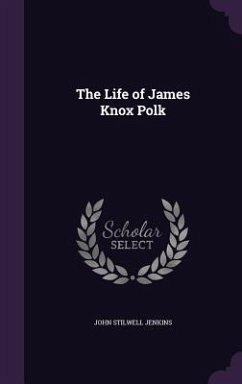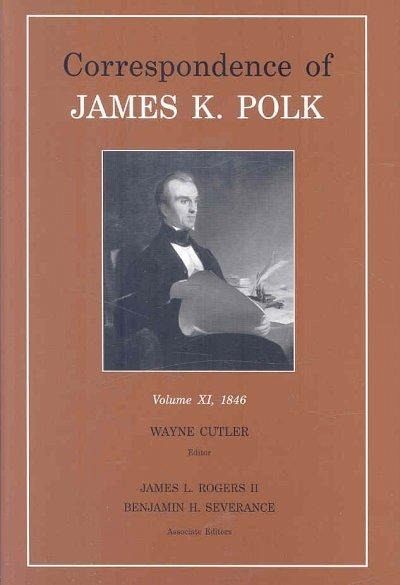
Correspondence of James K. Polk
Volume 11, 1846
Herausgeber: Cutler, Wayne
Versandkostenfrei!
Versandfertig in über 4 Wochen
52,99 €
inkl. MwSt.

PAYBACK Punkte
26 °P sammeln!
The eleventh volume of the Correspondence of James K. Polk contains some of the most consequential and interesting material in the series. Failure to restore diplomatic relations with Mexico, the advent of the Mexican-American war, British preparations for war over the Oregon country, the signing of the Oregon Treaty, passage of key domestic legislation, and Democratic losses in the fall state and congressional elections dominate the military and political subjects of the correspondence. In prior volumes, Polk's letters focused almost entirely on politics and so left his private concerns large...
The eleventh volume of the Correspondence of James K. Polk contains some of the most consequential and interesting material in the series. Failure to restore diplomatic relations with Mexico, the advent of the Mexican-American war, British preparations for war over the Oregon country, the signing of the Oregon Treaty, passage of key domestic legislation, and Democratic losses in the fall state and congressional elections dominate the military and political subjects of the correspondence. In prior volumes, Polk's letters focused almost entirely on politics and so left his private concerns largely untreated. Writing from the President's House, he made press copies of all of his outgoing correspondence and so recorded a more expansive range of his interests. Letters relating to his extended family, his purchase of a Nashville residence, and his addition of slaves to his Mississippi plantation offer a more personal view of the nation's eleventh president.




